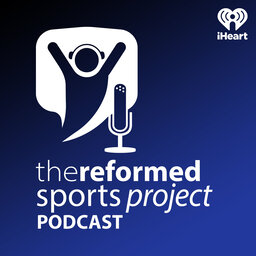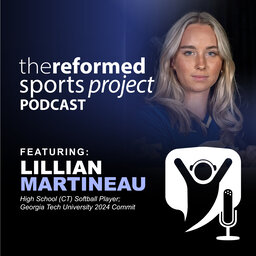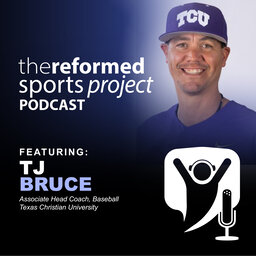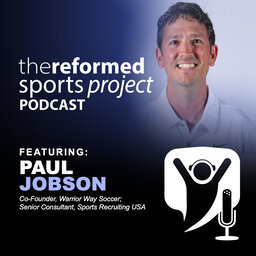Ep 44: Brian O'Connor
University of Virginia Head Baseball Coach Brian O'Connor was named ACC Coach of the Decade by D1Baseball.com for transforming the Cavaliers baseball program into one of the top programs in the country. He led the team to their first NCAA Championship in 2015 and has been recognized as The National Coach of the Year three times. Coach O'Connor joins Nick to discuss the winning mindset fostered from multi-sport experience, why parents need to let their kids fail, and his perspective on today's recruiting culture.
 The Reformed Sports Project Podcast
The Reformed Sports Project Podcast


